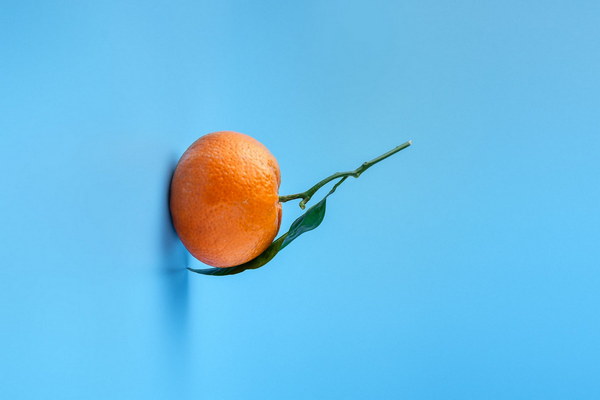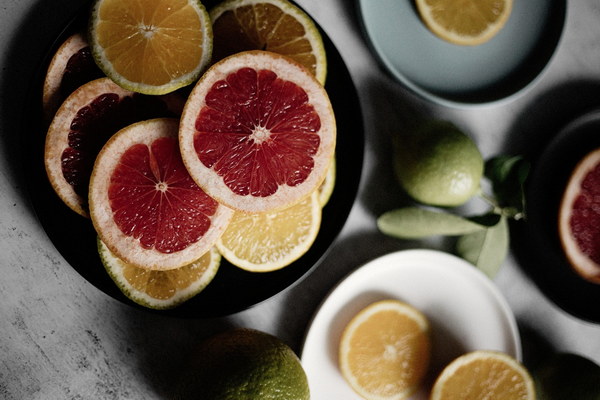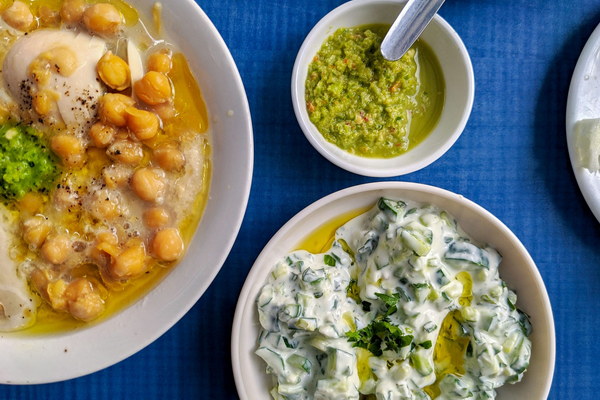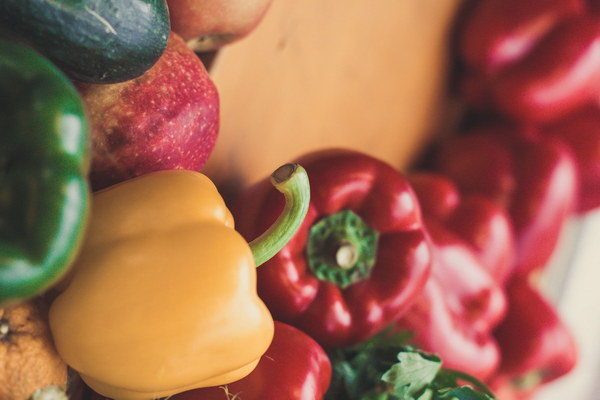Traditional Chinese Medicine A Natural Solution for Entropion through Dietary Therapy
Entropion, a condition where eyelashes turn inward and irritate the eye, can be a source of significant discomfort and distress. While modern medicine offers various treatments, traditional Chinese medicine (TCM) provides a holistic approach, including dietary therapy, to alleviate the symptoms and address the root cause of the problem. This article explores the use of TCM dietary therapy in managing entropion.
Understanding Entropion
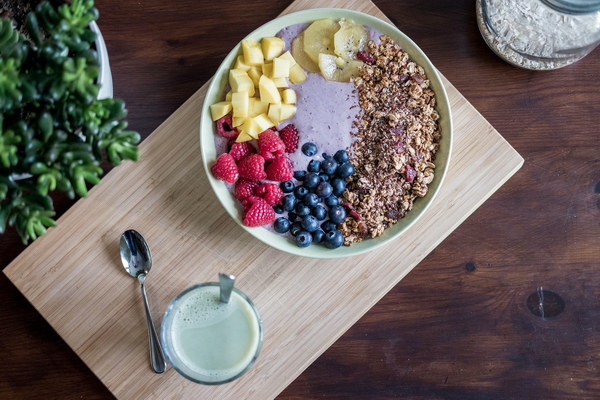
Entropion is a common eye condition that occurs when the eyelid turns inward, causing eyelashes to rub against the eye. This can lead to eye irritation, redness, dryness, and discomfort. There are several causes of entropion, including aging, congenital factors, and trauma. While surgery is often required to correct the condition, TCM offers a natural and non-invasive alternative through dietary therapy.
TCM and Entropion
According to TCM, entropion is often related to internal imbalances in the body. These imbalances can be due to various factors, such as diet, lifestyle, and environmental factors. TCM focuses on restoring the balance of yin and yang, as well as the five elements (wood, fire, earth, metal, and water), to treat the underlying cause of entropion.
Dietary Therapy for Entropion
1. Cooling Foods: In TCM, cooling foods are believed to reduce heat in the body and alleviate inflammation. Foods like watermelon, cucumber, and lotus seeds are recommended for individuals with entropion. These foods help to nourish the liver and improve the overall health of the eyes.
2. Nourishing Foods: Foods rich in vitamins, minerals, and antioxidants can help strengthen the eyes and prevent further damage. Foods such as carrots, spinach, and kale are high in vitamin A, which is essential for maintaining healthy eyes. Additionally, foods like walnuts and almonds contain omega-3 fatty acids, which are beneficial for eye health.
3. Herbs and Spices: Certain herbs and spices have been used in TCM for their medicinal properties. Some commonly used herbs for entropion include:
- Chrysanthemum: Known for its cooling properties, chrysanthemum can help reduce eye inflammation and improve vision.
- Goji berries: These berries are rich in antioxidants and are believed to nourish the liver and improve overall eye health.
- Astragalus: This herb has anti-inflammatory properties and can help strengthen the immune system.
4. Hydration: Staying hydrated is crucial for maintaining eye health. Drinking plenty of water throughout the day can help keep the eyes moist and reduce irritation.
5. Avoiding Irritants: It is essential to avoid foods and substances that may exacerbate the symptoms of entropion. These include spicy foods, alcohol, and caffeine.
Conclusion
Traditional Chinese medicine offers a unique and effective approach to managing entropion through dietary therapy. By focusing on balancing the body's internal systems and incorporating a diet rich in nutrients and cooling foods, individuals with entropion can experience relief from their symptoms and improve their overall eye health. While TCM dietary therapy should not replace medical treatment, it can be a valuable complement to conventional care for those seeking a more holistic approach to managing entropion.



